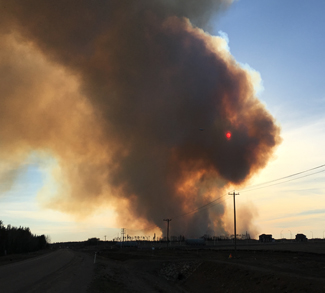Background
This past year was a testing one for the Canadian economy. It saw Canada’s benchmark Toronto Stock Exchange (TSX) down 11% in its worst performance since 2011. The Canadian dollar also dropped around 16%, nearly its worst year on record (2008 saw a drop of 18.6%).
The country’s dismal economic performance stems in part from the unwinding of the commodity super cycle. Waning demand from China has combined with slumping energy prices to send shockwaves through Canada’s primary exporters, particularly in the energy heartland of Alberta. This has contributed to a tepid year for GDP growth. The economy saw slight contractions over the first two quarters, a modest return to growth in the third quarter, and what appears to be a return to contraction in the fourth quarter (numbers for October and November reflect an economy that’s treading water).
The problems don’t end there. Canadian consumers are highly leveraged, and the country’s housing market is seen as one of the most overpriced in the developed world. This all adds up to a colossal challenge for the new Trudeau administration which came to power in November, ending nearly a decade of Conservative rule.




